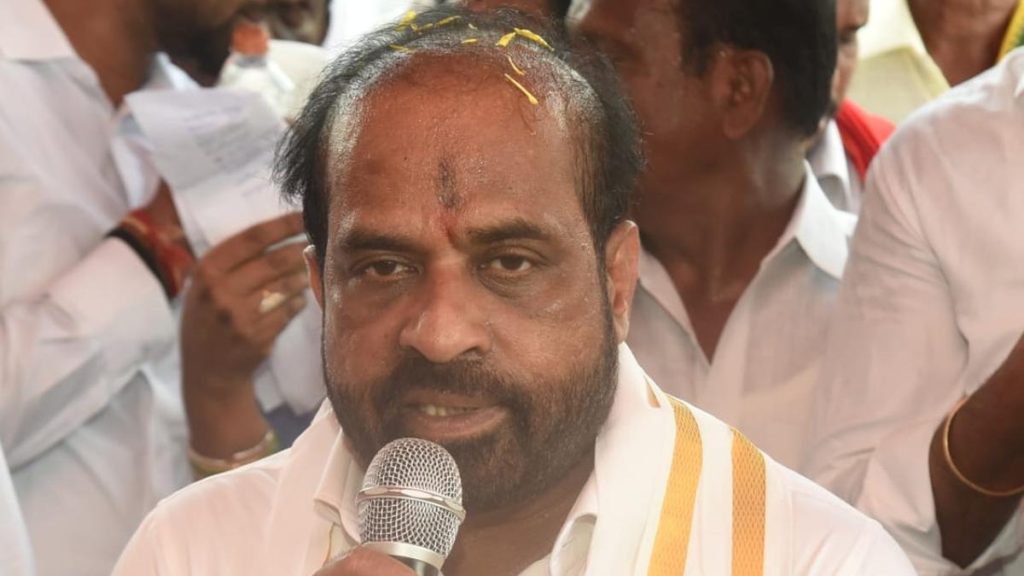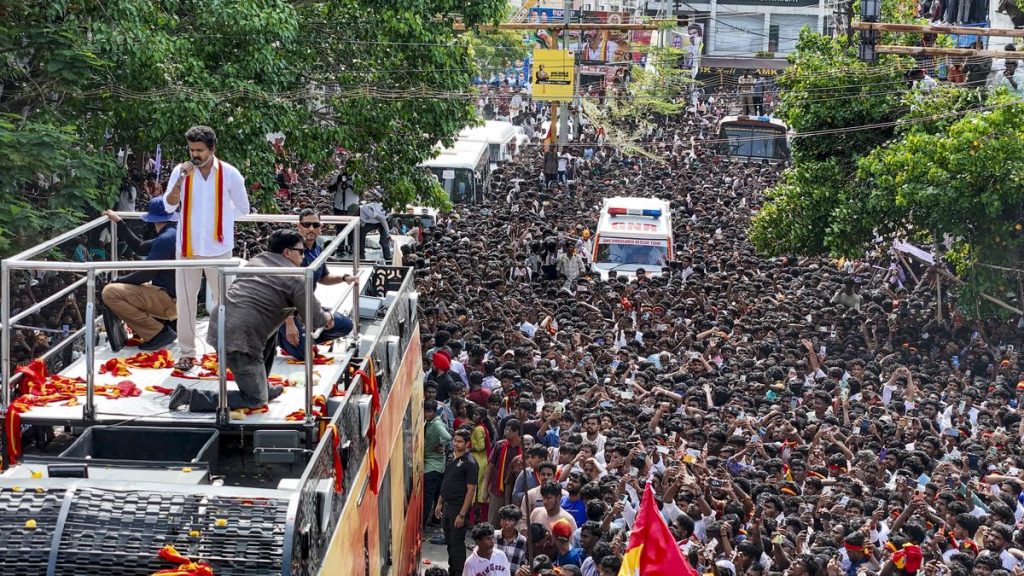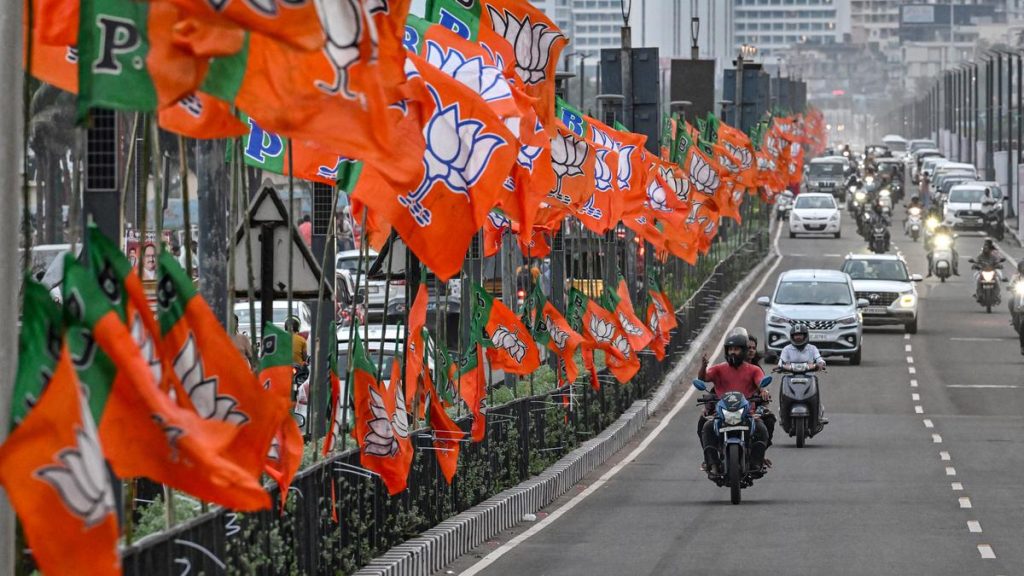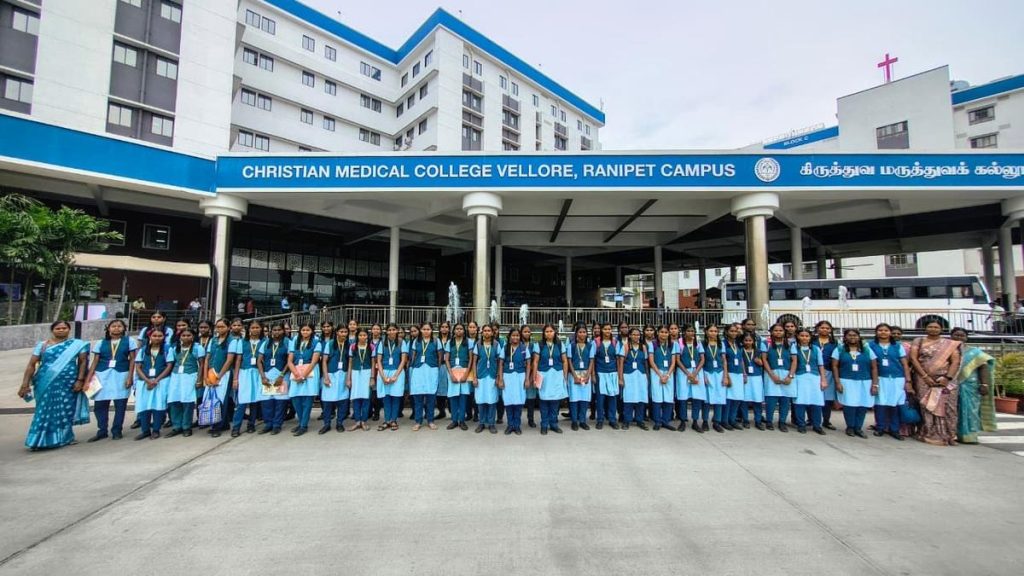Now Reading: Petitioner Challenges SEBC Quota, Claims Maratha Community Equal in Education
-
01
Petitioner Challenges SEBC Quota, Claims Maratha Community Equal in Education
Petitioner Challenges SEBC Quota, Claims Maratha Community Equal in Education
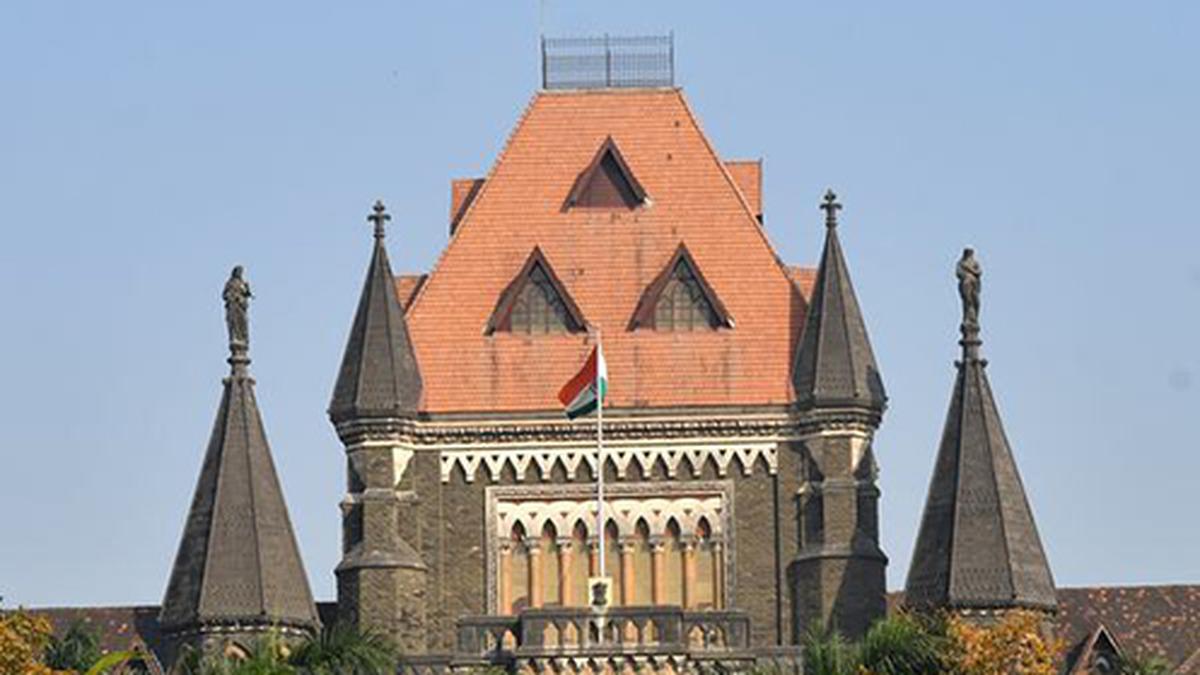
Swift summary:
- The Bombay High Court’s special three-judge bench, directed by the Supreme Court, is hearing petitions challenging the constitutional validity of Maharashtra State Reservation for Socially and Educationally Backward Classes (SEBC) Act, 2024.
- The SEBC Act provides 10% reservation to Maratha community members in education and government jobs.
- Petitioners argue that the Maratha community is “not backward” based on educational performance and economic indicators. They claim many Marathas own permanent homes and are economically capable.
- A petitioner cited data suggesting Marathas are at par with open category groups in education-Marathas constitute 74% of students while open categories represent 29%.
- The Shukre commission report had earlier labeled the community socially and educationally backward, a conclusion disputed by petitioners using State data.
- Justice Sandeep Marne highlighted a drop-off of Maratha children’s numbers in higher education compared to their numbers in Grade 10 levels.
- Advocate-General Birendra Saraf argued that while the Maratha population constitutes 28% of Maharashtra’s demographic mix, about 25% among them are economically poor and backward.
- A decision on which reservations may apply remains pending; further hearings are scheduled for October 4, 2025.
Indian Opinion Analysis:
The case around Maharashtra’s SEBC Act highlights critical debates surrounding affirmative action policies in India. At stake here is how ‘backwardness’ as a criterion should be defined-not just through historical assessments but also using contemporary socio-economic indicators like housing ownership, income levels, and educational attainment. Petitioners contesting the reservation argue that modern realities show much progress within parts of the community; however, counterarguments from State representatives suggest disparity remains among considerable portions.
This judicial review raises key questions regarding equity vs meritocracy: Is affording reservations appropriate when sufficient members of an intended beneficiary group attain parity with other communities? It reflects broader challenges India’s social policies face amid evolving dynamics across caste-based demography.while resolutions await final judgment or legislative tweaks post-verdicts-the importance lies less-only just constitutionality views legislations but possible practical long-term interpretations impacting nationwide-set precedent if Other groups scalability equity/similar model frameworks Add scrutiny careful implementations future-Policymaking conversations fairness balancing complex nuances Read More Link


